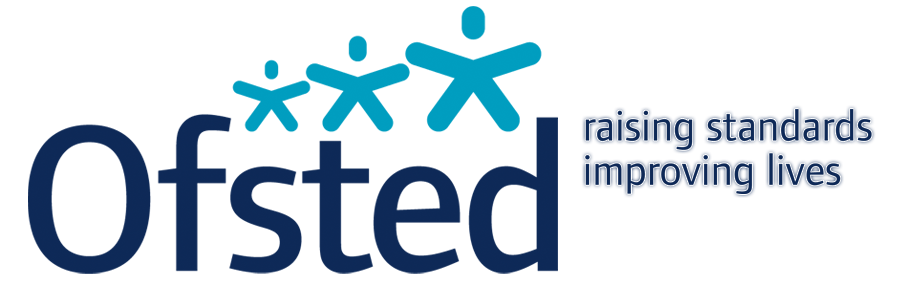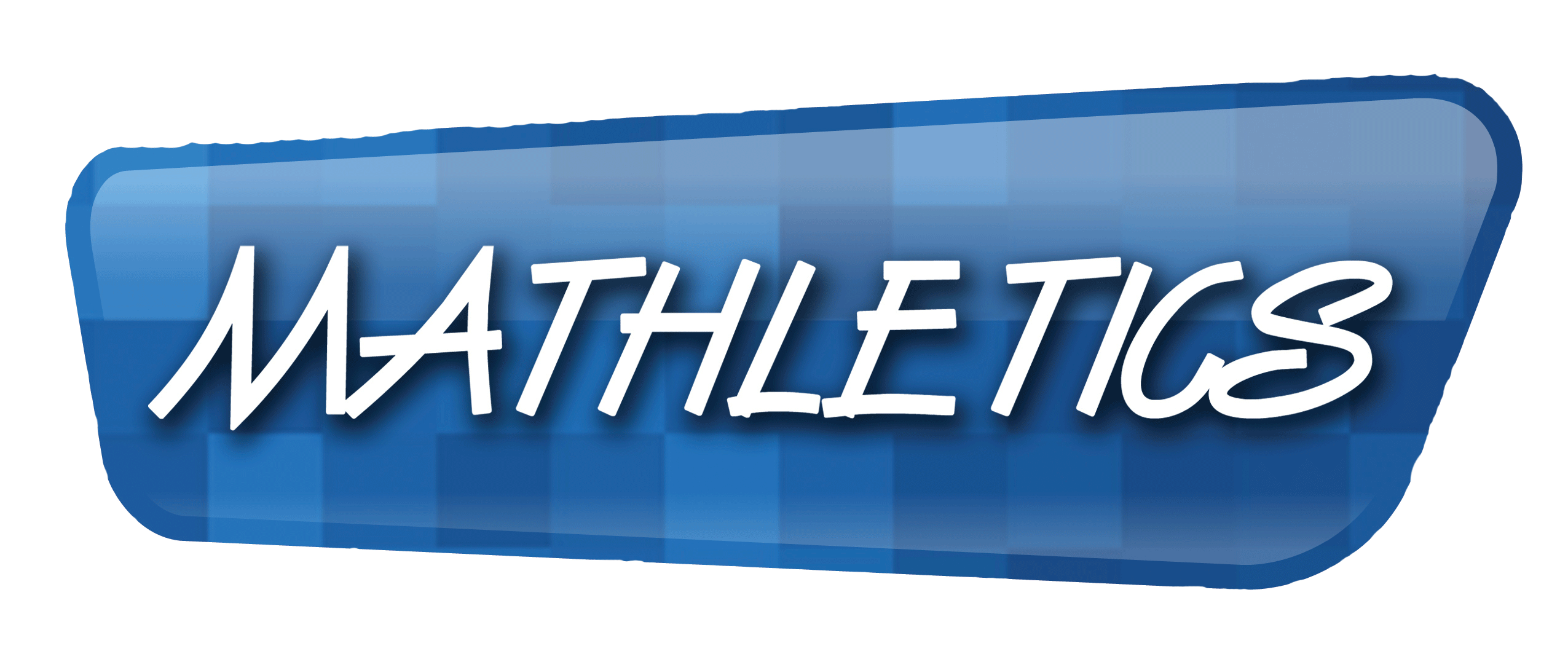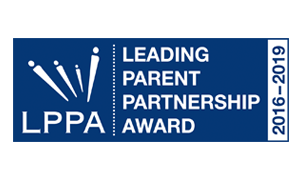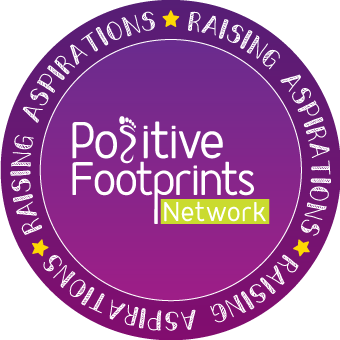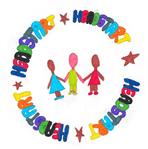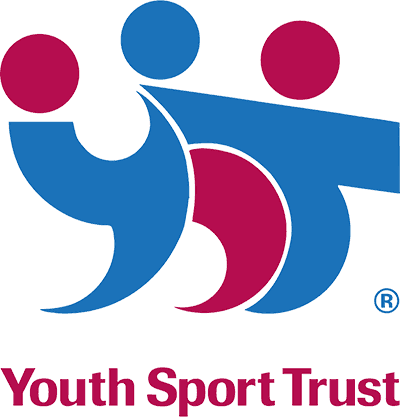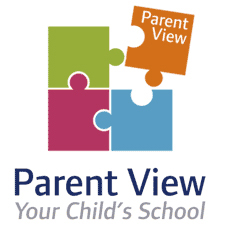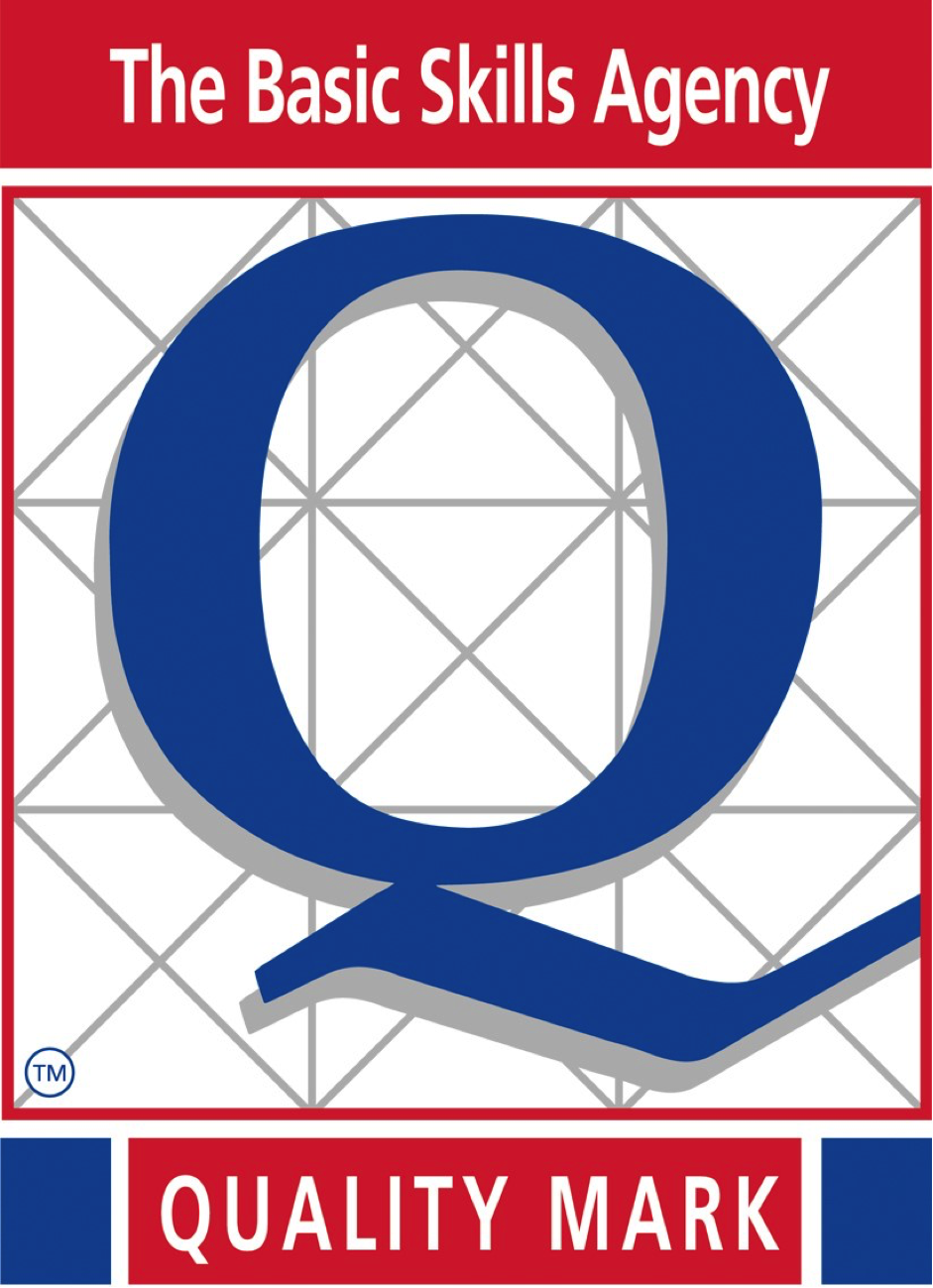EYFS Curriculum
At Viewley Hill we offer a curriculum that has been designed to promote confidence, curiosity, resilience and independence so that children flourish regardless of backgrounds, circumstances or needs. We engage our children with real life, hand-on experiences that meet the needs of the community that we serve. We work hard to provide a stimulating environment that delivers exciting opportunities, promotes challenge, exploration, adventure and a real love of learning.
As a school we recognise the importance of social and emotional skills, and language and communication. These areas of learning are fundamental in our curriculum as they are pivotal to child development.
We understand that play is an integral part of learning and this is at the heart of our Early Years Curriculum. We believe that the appropriate balance of adult-directed and uninterrupted child-initiated play ensures the best outcomes for pupils. Warm and positive relationships and consistent routines as well as strong relationships with parents are key to enable the best outcomes for our children.
We are passionate about the crucial role that Early Years education has to play in providing firm foundations for children, to enable them to be successful in the school journey ahead of them.
As a school we ensure meet the requirements laid down in the Statutory Framework for the Early Years Foundation Stage, and actively safeguard and promote the welfare of all of our children.
The curriculum is taught through themes which are enriched with classroom enhancements, trips and visitors. Themes are supported by quality key texts which are chosen carefully to encourage children’s speech, language and communication development, as well as to broaden and build vocabulary.
We prioritise creating a ‘language rich’ environment through the use of songs, nursery rhymes and stories. Children in both Nursery and Reception are provided with planned, focussed activities as well as self-initiated learning opportunities in both our indoor and outdoor environments. Our experienced staff ensure that interactions are
positive and create opportunities for all children to successfully engage with their learning.
Children are encouraged to become early readers through stories, the daily enjoyment of books and the systematic teaching of phonics. We value parental contribution and provide opportunities for parents to support their child through the use of home loans, reading mornings and teacher-led sessions allowing parents to observe taught phonics sessions in order to promote confidence in home support.
Mathematical thinking is developed through direct teaching and exploration. We want our children to become confident mathematicians who can apply what they have learnt to real life experiences. This teaching ranges from child-initiated provision in Nursery, which continues throughout the phase, to small group and whole class
teaching in Reception.
Throughout the Nursery and Reception years, as part of the learning and teaching process, children will be assessed in relation to their progress towards Development Matters and the Early Learning Goals. These judgements are made on the basis of our in-depth knowledge of the children, which is acquired through on-going formative assessment. These on-going assessments are used to inform planning and next steps. End-of-phase assessments are finalised in the summer term, summarising each child’s development, at that point, against the Early Learning Goals.
With the successful implementation of a curriculum that promotes confidence, curiosity, resilience and independence, as well as a structured, safe and challenging learning environment, both indoors and outdoors, children will be able to develop the skills, knowledge and understanding that enables them to be successful learners.
All children will have experienced a curriculum which enables them to be skilful at solving problems, and they will have effectively developed their personal levels of resilience and independence. Children will be actively engaged in taking ownership of their own learning and their enjoyment of this learning will be apparent.
The impact of this curriculum will be that each child can achieve ambitious goals, whether that is within the Early Learning Goal or on their own developmental path.
Children will be successful learners, who appreciate and understand the world around them. They will be prepared for the next stage of their education, as they transition from Early Years to Year 1.




